Dr Farrukh Saleem
History is being re-written. For the first time in Pakistan’s electoral history, a non-dynastic political party will form the government. For the first time in three decades, a political party has won in all four provinces and the Islamabad Capital Territory. For the new PM it will be a crown of thorns; it will be like walking on burning coals. Here are the major challenges he will have to face. $18 billion: Never in Pakistan’s history have we had an $18 billion current account deficit (CAD). What this means is that we are losing $1.5 billion a month. This year’s CAD is 45 percent higher than last year’s. Yes, a mere two years ago our CAD was $4.9 billion. This indeed will be the single biggest challenge for the new PM.

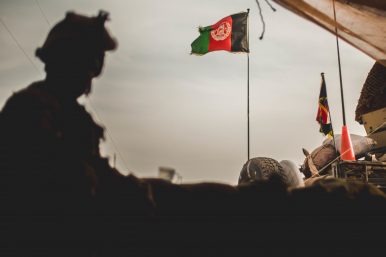
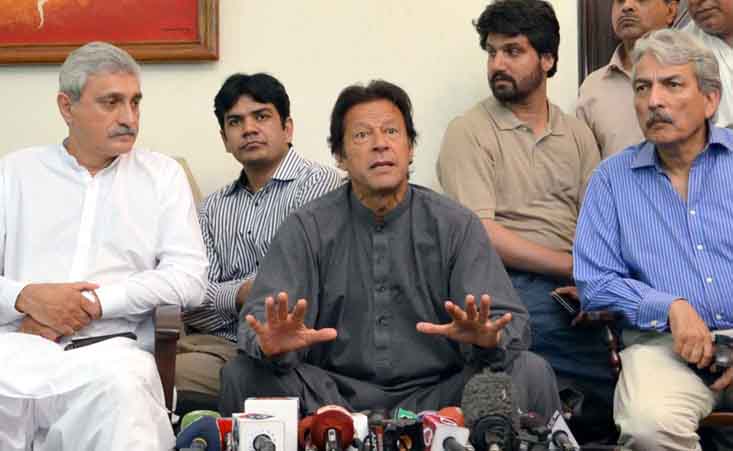
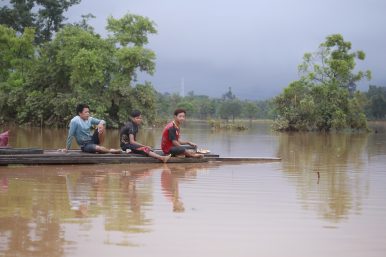
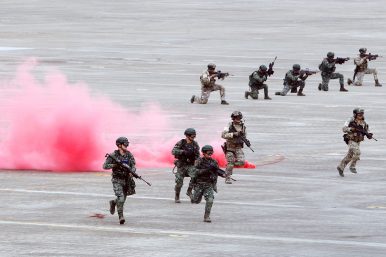




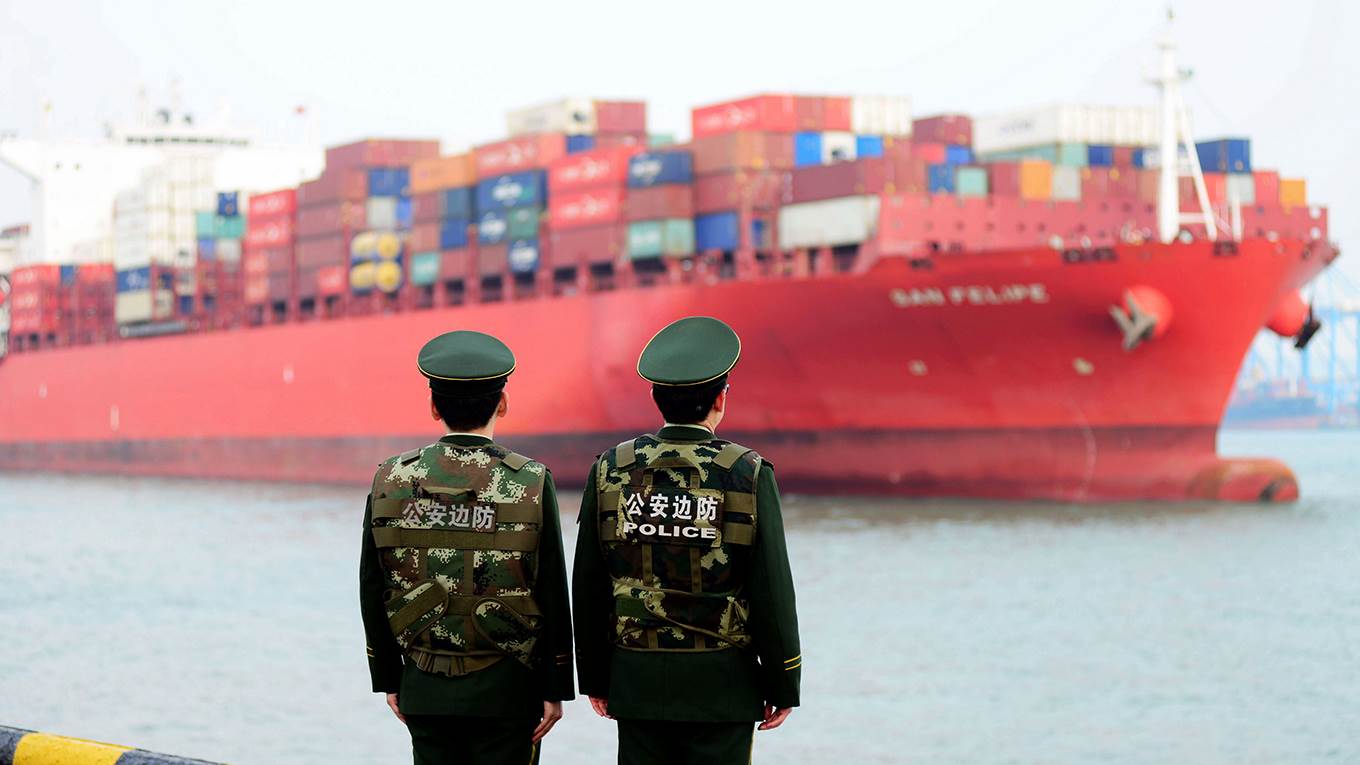




/arc-anglerfish-arc2-prod-mco.s3.amazonaws.com/public/UDIUQLCPRVFVJIU2NUAVUF5QRI.jpg)